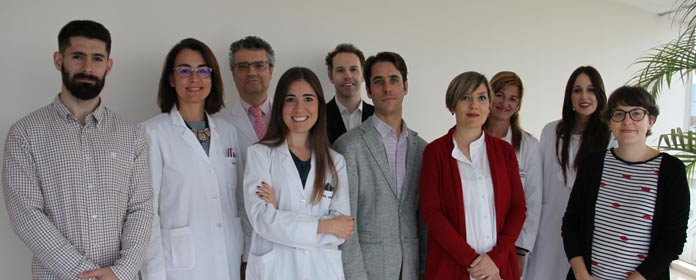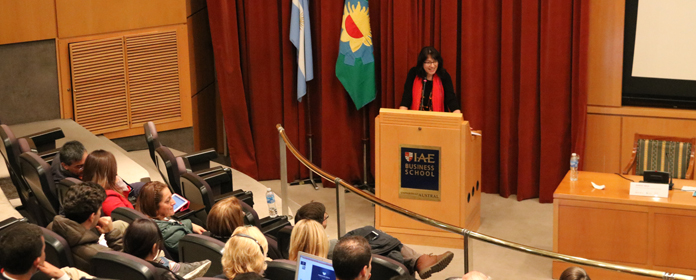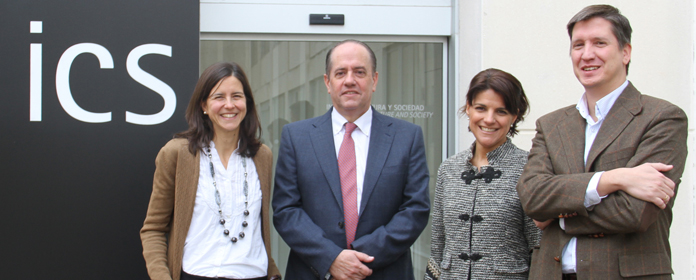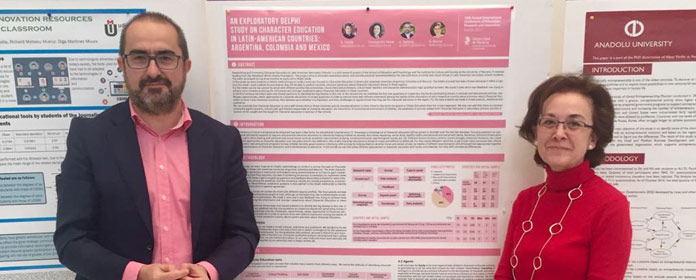International experts endorse education in values to promote the development of society
150 experts from Europe, Latin America and the United States debated in an international conference organized by the University of Navarra in collaboration with the Austral University and with the support of the Templeton World Charity Foundation
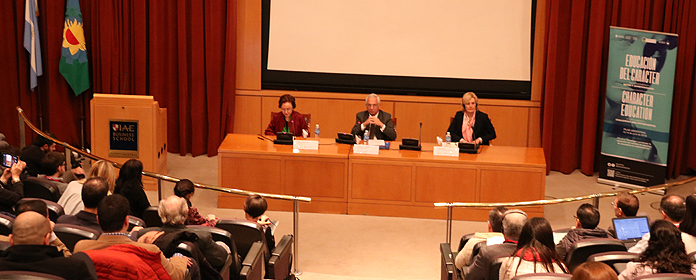
FOTO: Cedida
Prioritizing education in values in schools is fundamental for promoting the development of society. Or so experts concluded at the ‘Character Education in Latin America: Challenges and Opportunities’ conference in Pilar, Argentina. The University of Navarra (Spain), in collaboration with the School of Education at the Austral University, organized the event, which also received funding from the Templeton World Charity Foundation.
150 attendees came from universities and colleges in Spain, Argentina, Colombia, Brazil, Peru, Chile, Mexico, the United States and the United Kingdom, among other countries. There, experts discussed the theoretical and practical aspects of virtue education for children and young people, including teacher training, the implementation of school programs, political support, and recent research in the field.
Marisa Meza, professor at the School of Education of the Pontifical Catholic University of Chile, gave the conference’s opening remarks, emphasizing that, "democratic education goes hand in hand with moral education." She advocated for training students in "the basic values of freedom and equality and civic maturity that allow for participation in common life."
The expert insisted on the benefits that society reaps when people have greater civic knowledge: "There is less justification of authoritarian regimes, less acceptance of authoritarian governmental practices, less acceptance of corrupt practices, greater confidence in schools, less acceptance of violence, a greater degree of empathy and greater acceptance of diversity."
Six success strategies for schoolsMarvin Berkowitz, director of the Center for Character and Citizenship at the University of Missouri-St. Louis (USA), stressed that “Character has to be an explicit centerpoint of the school’s mission and of the school leader’s philosophy”.
The expert presented his PRIMED model, which proposes six success strategies for schools: Prioritizing character development, strengthening relationships between all members of the educational community- from teachers to cafeteria staff, motivating students to internalize the good (intrinsic motivation), setting an example with the values that staff want to see in students (modeling), giving a voice to all members of the community (empowerment) and incorporating a Developmental pPedagogy.
The conference also included two researchers from the Jubilee Center for Character and Virtues at the University of Birmingham (United Kingdom)— its director, James Arthur, and its deputy director, Kristján Kristjánsson. The former emphasized intellectual virtues (autonomy, critical thinking, reflection), moral virtues (compassion, honesty, gratitude), civic virtues (volunteering, service to the neighborhood), and performative virtues (skills and competences such as motivation and determination), in addition to the virtue that unites them all, namely practical wisdom, which guides right action.
He argued that character can be taught, learned and reinforced and that it must be placed at the heart of education. For Professor Arthur, “the virtues which make up character enable us to enjoy rewarding and productive lives” and for that reason he argued for the need to integrate them into the school environment and the curriculum. "If children flourish, society will too," he said.
Preventing consumerism and cell phone addictionThe closing conference was given by Pedro Luis Barcia, former president of the National Academy of Education and the Argentine Academy of Letters, who emphasized that character education must be present "in the pedagogical reality of the classroom, not just in official statements" and “must materialize in key areas.”
Professor Barcia noted that virtues help prevent the harmful behavior we very frequently see among today's young people like consumerism and cell phone addiction.
The speakers made these statements within the framework of an international conference that took place at IAE Business School of the Austral University in Pilar, Argentina. This event was sponsored by the ‘Researching and promoting character education in Latin American secondary schools’ program, a joint research project of the School of Education and Psychology and the Institute for Culture and Society (ICS). It receives funding from the Templeton World Charity Foundation.

